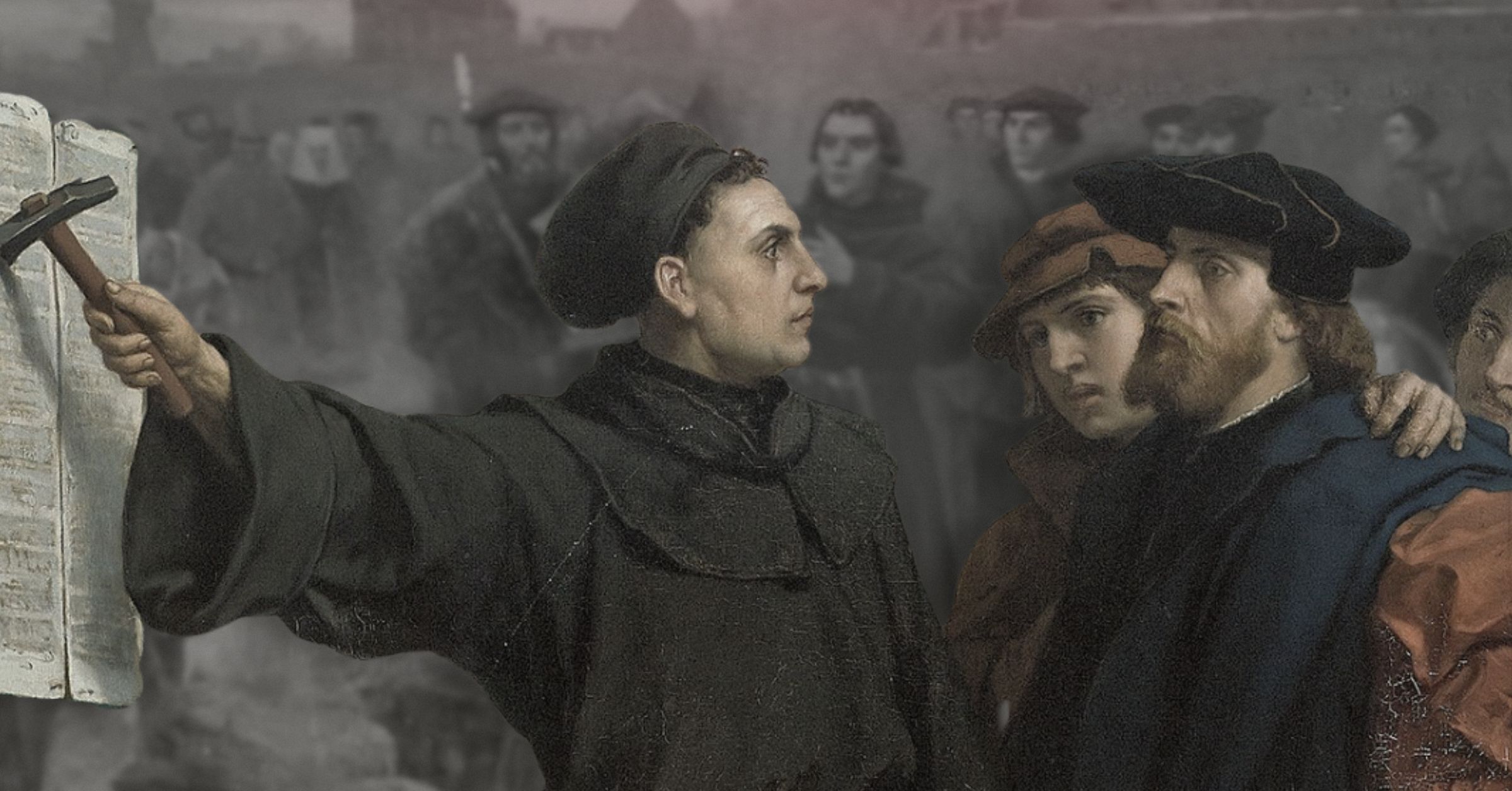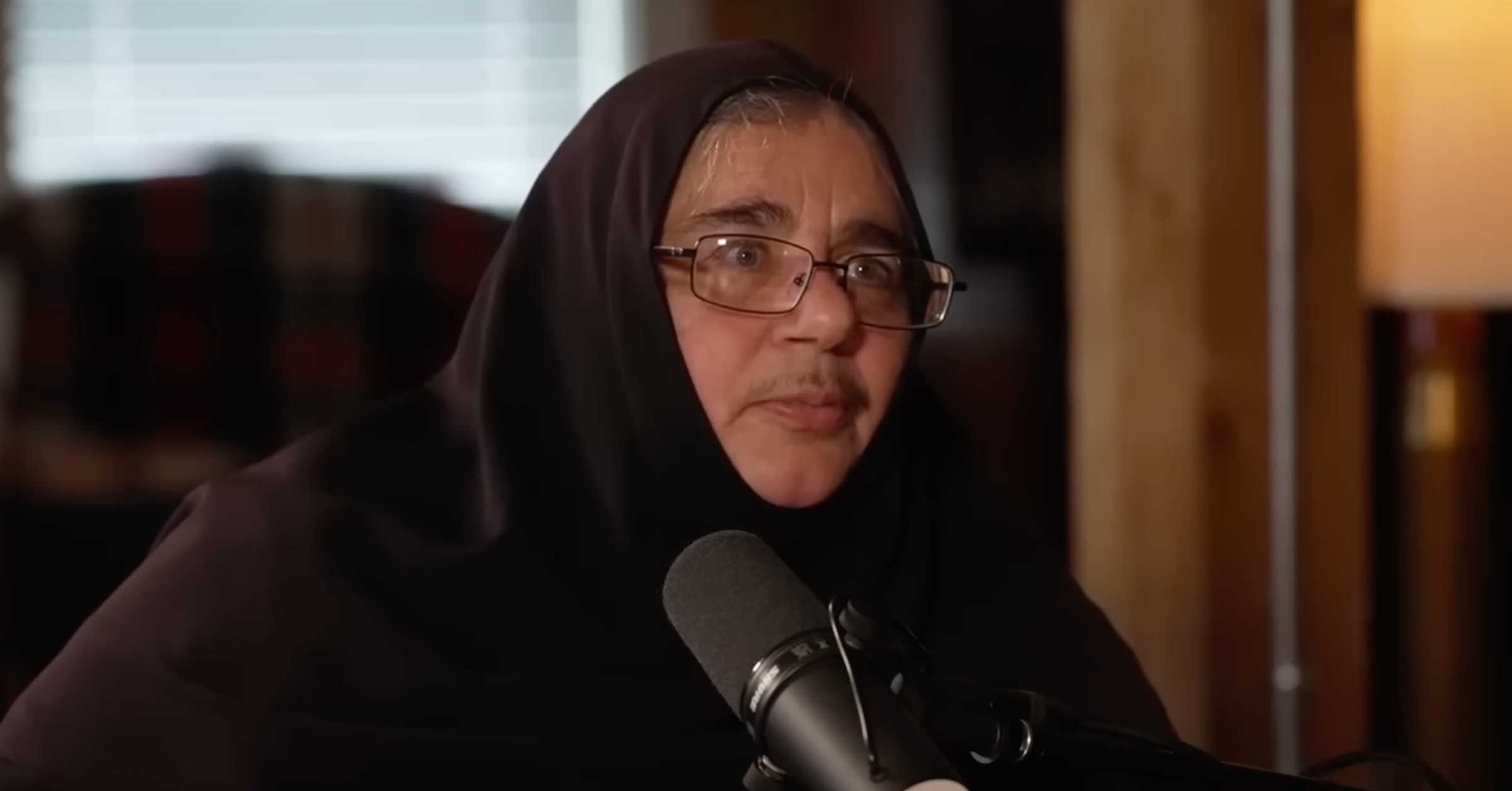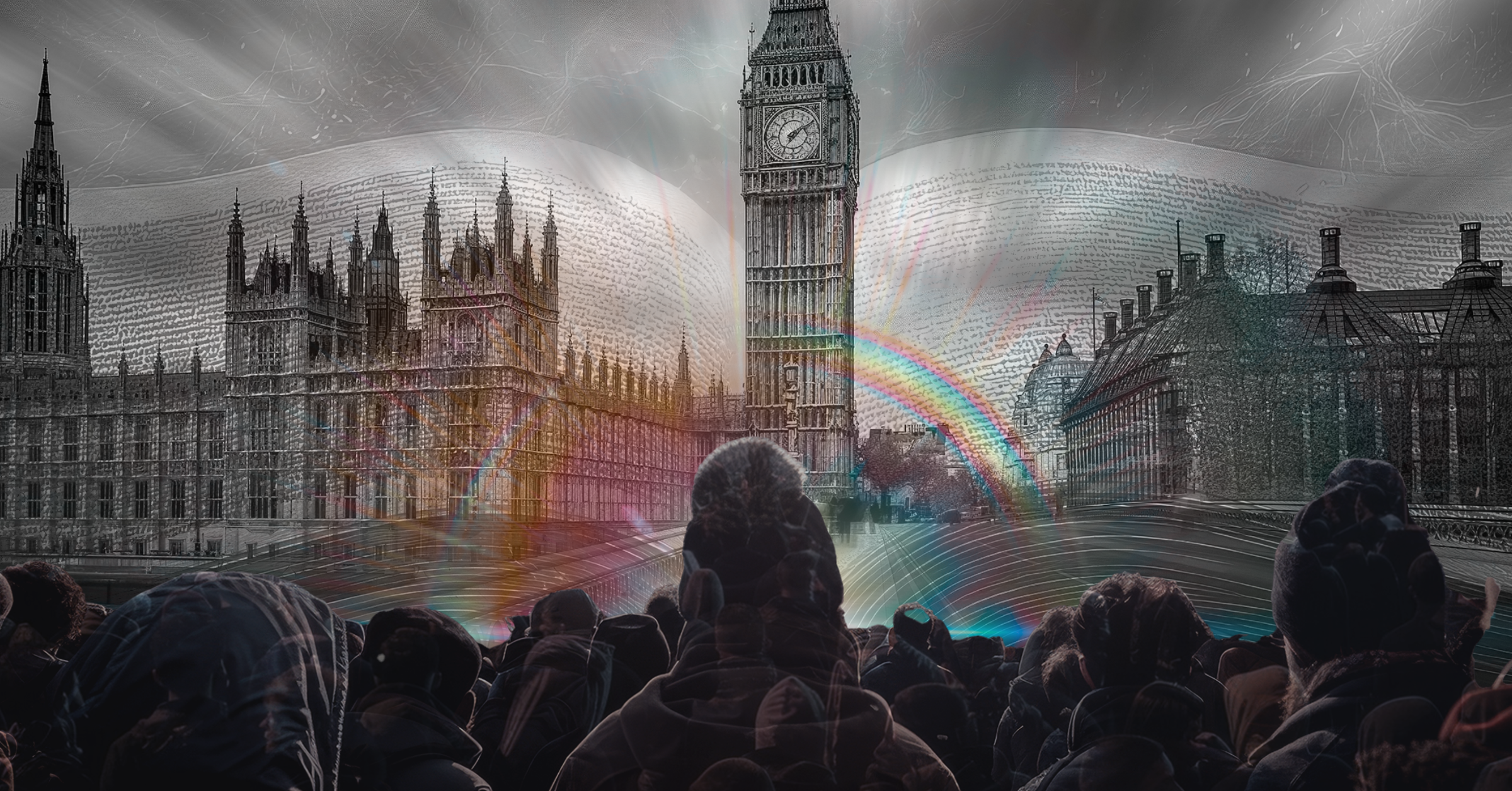Throughout the history of Christianity, God has raised up His people in specific places and times for unique purposes. The early church carried the gospel from Jerusalem across the Roman Empire. The Reformation revived biblical faith and reshaped the Western world. In our time, many Christian leaders believe that God has entrusted a distinctive mission to the American church — a mission with two inseparable parts: to proclaim the gospel of Jesus Christ to the nations and to stand with the Jewish people, including the modern State of Israel.
These two callings are not separate tracks. They emerge from the same biblical story, reflect the same divine purposes, and together represent one of the most important responsibilities of the church in our generation.
Preach the Gospel — and Fuel a Global Missions Movement
The first and most fundamental calling of the church is as old as Christianity itself: “Go therefore and make disciples of all nations…” (Matthew 28:19). The Great Commission is not a suggestion for particularly zealous Christians — it is the church’s central identity and purpose. And for the past two centuries, the American church has played a uniquely significant role in carrying out that mission.
Beginning in the early 19th century, especially during the Second Great Awakening, revival movements in the United States helped spark a powerful missionary effort that would go on to shape global Christianity. Out of this wave of spiritual energy came the Student Volunteer Movement, founded in 1886, which mobilized more than 20,000 young Americans for overseas missions before World War I. In the years that followed, organizations such as the International Mission Board, Wycliffe Bible Translators, and Youth With A Mission (YWAM) played a key role in advancing the gospel by translating Scripture, planting churches, and training local leaders around the world. At the same time, American Christians poured significant resources into building seminaries, hospitals, schools, and humanitarian projects, all of which opened new doors for ministry and helped expand the global reach of the gospel (Noll, 2002)[1].
Of course, this work has never been exclusively American. British, German, Australian, Korean, Brazilian, and African churches have all been deeply involved in global missions. But the American church, uniquely resourced with wealth, freedom, technology, and global influence, has often functioned as a catalyst, multiplying the reach of others and pioneering new frontiers. The missiologist Christopher Wright notes that mission is not an activity the church does but the very identity of God’s people, participating in God’s mission to redeem all nations (Wright, 2006)[2]. This identity must remain central as the global landscape changes. Billions still live without access to the gospel, and God’s call to the American church remains: to send, support, and sustain a movement that reaches every tribe and tongue.
Stand with the Jewish People — Beyond Prophecy Charts
The second calling, standing with the Jewish people, is more controversial but no less biblical. It is not merely a matter of eschatology or politics. It flows from God’s covenant promises, from the church’s spiritual heritage, and from a moral responsibility rooted in history.
God’s relationship with Israel did not end with the coming of Christ. His promise to Abraham, “I will bless those who bless you…” (Genesis 12:3), was never revoked. Paul makes this point clearly in Romans 11, using the image of a cultivated olive tree to describe the relationship between Israel and the Church. Gentile believers are like wild branches grafted into Israel, drawing life from its covenant blessings (Romans 11:17–18). The root itself remains essential, and “the gifts and the calling of God are irrevocable” (Romans 11:29). Moreover, Paul envisions a mysterious future in which the salvation of the Gentiles will provoke Israel to jealousy, ultimately leading to its redemption, and that redemption, he writes, will mean “life from the dead” for the world (Romans 11:15).
This vision offers a deeper reason to stand with the Jewish people than geopolitical alliances or prophetic speculation. At its heart, this is about covenant faithfulness and gratitude. From Israel came the Scriptures, the prophets, the covenants, and ultimately the Messiah Himself (Romans 9:4–5). Christianity isn’t a replacement for Israel — it’s the continuation and fulfillment of God’s promises through Israel. Supporting the Jewish people today, including affirming their right to security and self-determination in their ancestral homeland, is a way of honoring God’s faithfulness and participating in His unfolding plan (McDermott, 2017)[3].
The Moral Imperative: Confronting the Oldest Hatred
Even apart from theology, there is a profound historical and ethical reason for Christians to stand with the Jewish people: antisemitism. Often called “the world’s oldest hatred,” antisemitism has plagued humanity for millennia, from ancient slanders to medieval blood libels, from forced conversions to expulsions, and culminating in the Holocaust. Tragically, much of this hatred was fueled or tolerated by Christians, particularly in the Church in Europe and the Middle East. The Church fathers also wrote polemics against Jews, medieval councils imposed discriminatory laws, and even Martin Luther penned vitriolic works that were later exploited by the Nazis (Noll, 2002)[4].
Yet the story also includes courage and repentance. Believers such as Dietrich Bonhoeffer, Corrie ten Boom, and André Trocmé risked their lives to resist antisemitism and protect Jewish lives. Their example demonstrates what faithful Christian witness looks like amid hatred and violence. Today, antisemitism is resurging in new forms like conspiracy theories, Holocaust denial, and the delegitimization of Israel itself. The Church needs to, once again stand in the gap. Confronting antisemitism isn’t about politics — it’s about living out Christian love and obedience to Jesus’ command to “love your neighbor as yourself” (Mark 12:31).
Historical Responsibility and Theological Gratitude
Christianity is inseparable from its Jewish roots. Every page of Scripture, every covenant, and every prophecy is part of Israel’s story. Jesus Himself was a Jew who observed Jewish festivals and fulfilled Jewish prophecy. As N.T. Wright argues, the church does not replace Israel but participates in its vocation, to bear witness to God’s faithfulness and salvation before the nations (Wright, 2013)[5].
That shared story carries responsibility. After centuries of persecution, I believe Christians have a moral responsibility to stand up for the dignity and safety of the Jewish people. One important way we can live out that responsibility is by supporting their right to self-determination, including the existence and security of the State of Israel. Doing so doesn’t mean we have to agree with every policy or turn a blind eye to the suffering of Palestinians, but it does mean recognizing a deep obligation shaped by history and conscience. Justice, as the prophet Micah reminds us, requires that we “act justly, love mercy, and walk humbly” (Micah 6:8). Christians can oppose antisemitism and advocate for Palestinian dignity simultaneously. Compassion is not a zero-sum game.
“Compassion is not a zero-sum game.”
Engaging Objections: Supersessionism and Political Zionism
Some Christians reject this emphasis on Israel, arguing that the church has replaced Israel in God’s plan — a view known as supersessionism. But Paul directly refutes this in Romans 11:1 “Has God rejected his people? By no means!” The inclusion of the Gentiles does not mean the exclusion of Israel; God’s promises are enduring. Theologian Gerald McDermott argues that the church’s historic neglect of Israel stems from theological misunderstandings that flatten the biblical story and ignore its Jewish context (McDermott, 2017).
Others fear that Christian support for Israel leads to uncritical nationalism or partisan politics. This is a legitimate concern, and precisely why Christian support must be rooted in biblical theology and wisdom, not worldly ideologies. Supporting Israel does not mean endorsing every action of its government. It means affirming the Jewish people’s right to exist, opposing antisemitism, and advocating for policies that uphold human dignity on all sides.
Mission and Israel: Two Callings, One Story
It is important to see that these two callings, mission and solidarity with Israel, are not separate. They are deeply intertwined in God’s redemptive plan. Paul’s vision in Romans 11 suggests that Gentile evangelism will one day stir the Jewish people toward faith, and their redemption will bring even greater blessing to the world. In this way, mission and Israel’s restoration are part of the same divine trajectory, one that points to the final renewal of all creation.
Moreover, antisemitism itself is a barrier to the gospel. How can the church credibly proclaim the love of God if it remains indifferent to hatred against the people through whom God brought salvation into the world? Standing with the Jewish people is therefore not a distraction from the church’s mission but an essential part of it.
Strategic Pathways for the American Church
The American church has been uniquely positioned by God, with resources, freedoms, and global influence, to play a leading role in this twofold calling. But how can we move from ideas to action? Here are five strategic ways churches and believers can live out this mission:
- Recommit to Global Mission. Renew investment in missionary sending, cross-cultural training, and gospel-centered partnerships. Support indigenous leaders and prioritize unreached peoples.
- Confront Antisemitism Locally. Educate congregations about antisemitism’s history and current expressions. Partner with Jewish organizations to stand against hatred in your community.
- Build Bridges with Jewish Communities. Foster relationships based on respect and trust. Participate in dialogues, attend cultural events, and demonstrate solidarity.
- Advocate for Justice and Peace. Support Israel’s right to exist while calling for policies that promote peace, security, and dignity for both Jews and Palestinians.
- Teach the Church’s Jewish Roots. Recover the Old Testament story, celebrate the Jewishness of Jesus, and help Christians understand how they are grafted into God’s covenant story.
Conclusion: A Church for This Moment
When we step back and see the bigger picture, the twofold calling of the church becomes clear. God has entrusted His people, and especially the American church, with immense opportunity and responsibility. We are called to proclaim the gospel with boldness and compassion, fueling a global missions movement that reaches every nation. And we are called to stand with the Jewish people, opposing antisemitism, honoring God’s covenant, and seeking justice and peace in the land where God’s promises began.
These are not two competing agendas; they are two sides of one mission — the mission of God to bless all nations through the family of Abraham and to reconcile the world through His Son, Jesus Christ. If the American church embraces this calling with faith, humility, and courage, it will not only shape the course of history but also bear powerful witness to the unchanging faithfulness of God.
References:
[1] Noll, M. (2002). A History of Christianity in the United States and Canada. Grand Rapids, MI: Eerdmans.
[2] Wright, C. J. H. (2006). The Mission of God: Unlocking the Bible’s Grand Narrative. Downers Grove, IL: IVP Academic.
[3] McDermott, G. (2017). Israel Matters: Why Christians Must Think Differently About the People and the Land. Grand Rapids, MI: Brazos Press.
[4] Noll, M. (2002). A History of Christianity in the United States and Canada. Grand Rapids, MI: Eerdmans.
[5] Wright, N. T. (2013). Paul and the Faithfulness of God. Minneapolis, MN: Fortress Press.
Recommended Resources:
Correct not Politically Correct: About Same-Sex Marriage and Transgenderism by Frank Turek (Book, MP4, )
Was Jesus Intolerant? (DVD) and (Mp4 Download) by Dr. Frank Turek
Legislating Morality: Is it Wise? Is it Legal? Is it Possible? by Frank Turek (Book, DVD, Mp3, Mp4, PowerPoint download, PowerPoint CD)
Jesus, You and the Essentials of Christianity by Frank Turek (INSTRUCTOR Study Guide), (STUDENT Study Guide), and (DVD)
Tim Orr serves full-time with the Crescent Project as the Assistant Director of the Internship Program and Area Coordinator, where he is also deeply involved in outreach across the UK. A scholar of Islam, Evangelical minister, conference speaker, and interfaith consultant, Tim brings over 30 years of experience in cross-cultural ministry. He holds six academic degrees, including a Doctor of Ministry from Liberty University and a Master’s in Islamic Studies from the Islamic College in London. In September, he will begin a PhD in Religious Studies at Hartford International University.
Tim has served as a research associate with the Congregations and Polarization Project at the Center for the Study of Religion and American Culture at Indiana University Indianapolis, and for two years, he was also a research assistant on the COVID-19 study led by Hartford International University. His research interests include Islamic antisemitism, American Evangelicalism, Shia Islam, and gospel-centered ministry to Muslims.
He has spoken at leading universities and mosques throughout the UK, including Oxford University, Imperial College London, and the University of Tehran. His work has been published in peer-reviewed Islamic academic journals, and he is the author of four books. His fifth book, The Apostle Paul: A Model for Engaging Islam, is forthcoming.



